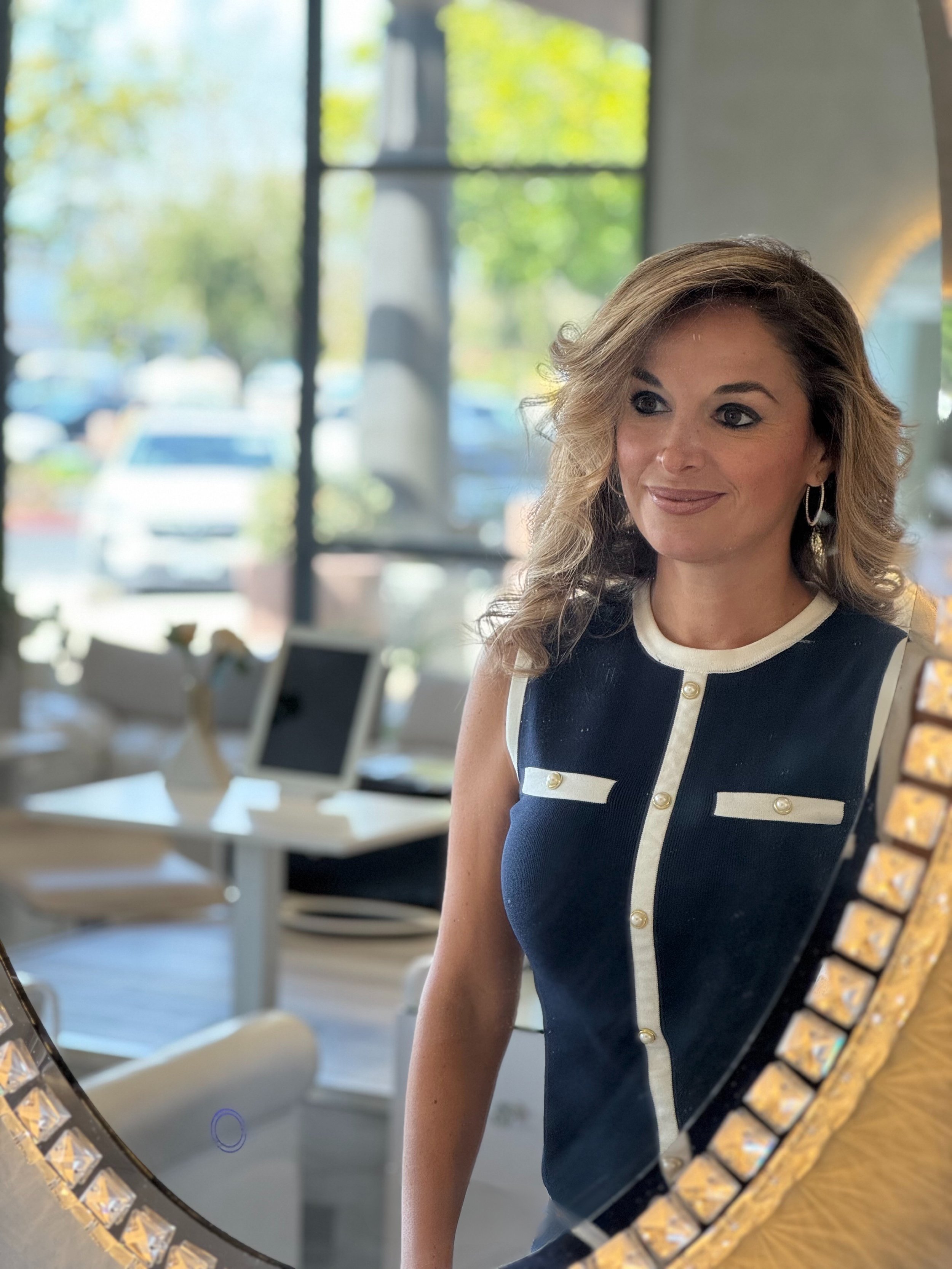Introduction
Choosing the best advisors for UHNW clients means partnering with professionals who combine technical excellence, discreet client service, and strategic judgment. For RIAs, financial advisors, CPAs, and wealth managers, the phrase signals a capability to manage complex portfolios, cross-border tax exposure, bespoke estate structures, and family governance. Get this wrong and reputations suffer, regulatory risk increases, and client relationships unravel; get it right and you lock in multi-generational trust, referrals, and institutionalized revenue. This article explains what the best advisors for UHNW clients actually do, presents practical frameworks, highlights common mistakes, and outlines technology and service models that scale personalization. Start with client-first design.
Why the best advisors for UHNW clients matter
Ultra-high-net-worth families confront concentrated holdings, complex legal entities, significant tax footprints, and delicate family dynamics. Advisors who serve them well knit investment advice to trust engineering, tax planning, philanthropic strategy, and family education. The result is fewer surprises, better governance, and relationships built to last.
What frameworks define the best advisors for UHNW clients
Frameworks that scale UHNW service combine clearly defined roles, documented processes, and accountability. Core elements include:
Comprehensive discovery and mapping of entities, beneficiaries, cashflow, and legal exposure.
A family governance charter that records values, decision rules, and succession triggers.
Integrated tax and estate playbooks for multi-jurisdictional situations.
An annual review cadence tied to milestone events, not just calendar dates.
These templates reduce onboarding friction and preserve a coherent client experience, enabling teams to replicate high-touch advisory with rigorous compliance.
Common mistakes by best advisors for UHNW clients
Mistake 1: No integrated plan—teams operate in silos.
Mistake 2: Over-reliance on products instead of governance and behavioral insight.
Mistake 3: Failure to document conversations, creating disputes when circumstances shift.
Avoid these by instituting playbooks, conflict logs, and documented escalation paths.
Tiered approaches: UHNW vs HNW and mass affluent
One size does not fit all. High-net-worth clients may need robust investment strategy and tax advice, while UHNW clients expect bespoke entity structuring, concierge risk management, and family governance. Mass-affluent programs should prioritize scalability, digital convenience, and clear upgrade paths for clients moving toward HNW or UHNW status.
Technology for the best advisors for uhnw clients
Technology is an enabler, not a replacement. Key tools include:
Secure client portals and vaults that centralize documents without sacrificing privacy.
CRM systems designed to flag life events and automate cadence.
Collaboration platforms that let external counsel view only pertinent slices of data.
Reporting engines that tailor P&L, tax, and trust reporting to family preferences.
Taken together, these systems support personalized service while making compliance auditable.
Quick checklist and Q&A
To make this practical, here is a short checklist and an Q&A to discuss internally.
Have a mapped ownership and entity chart.
Maintain a documented family governance charter.
Schedule milestone-driven annual reviews.
Use secure, auditable tech for document sharing.
Define escalation protocols for contentious decisions.
Train teams on sensitive client conversations and privacy.
Q: How do you price UHNW engagements?
A: Price matters, but value-based approaches tied to outcomes and governance complexity work best.
Q: How is conflict addressed?
A: Pre-defined escalation paths, neutral mediators, and documented minutes lower friction.
Q: What are minimum tech investments?
A: Secure document storage, CRM, and encrypted communication channels.
Client-specific applications and use cases
In practice, advisors tailor frameworks by client need:
Family offices often need consolidated reporting, legacy planning, and operational oversight.
Trustees and corporate fiduciaries require checklists and indemnities.
Philanthropic vehicles demand measured impact frameworks and independent governance.
Entrepreneurs transitioning liquidity events benefit from liquidity mapping, tax locks, and investment transition plans.
Matching service to circumstance reduces cost and increases perceived value.
Measuring success for the best advisors for UHNW clients
Success metrics emphasize retention, governance adherence, and the degree of family satisfaction. Useful KPIs include:
Net promoter and family council survey scores.
Frequency of crisis events and resolution time.
Audit-ready compliance ratios.
Succession plan activation readiness.
Reporting on these metrics creates board-ready dashboards that justify fees and demonstrate value beyond performance.
How to recruit and train best advisors for UHNW clients
Recruitment focuses on behavioral fit, demonstrated judgement, and experience with complex structures. Training programs should simulate family conversations, succession negotiations, and emergency scenarios. Mentoring pairs junior advisors with senior partners, and documented feedback loops ensure continuous improvement. Compensation models that reward client retention and governance success align incentives with long-term outcomes.
Vendors and tools used by the best advisors for UHNW clients
Vendors matter. Look for providers who offer end-to-end encryption, role-based access, and custodial integrations. Typical vendor categories are:
Secure document vaults and e-signature.
Family office reporting platforms.
Specialized trust accounting software.
Encrypted communications and compliance monitoring.
Integrations reduce manual reconciliation and free advisor time for strategic work.
Implementing changes: First 90 days for best advisors for UHNW clients
Start with a governance sprint: finalize discovery templates, assign roles, and launch a pilot annual review for two families. Train the client service team on confidentiality protocols and escalation steps. Within 90 days, you should have repeatable checklists and a measurable compliance trail for the pilots. Document lessons learned and scale successful pilots across practice groups with defined KPIs and reporting dashboards to measure impact, quarterly reviews.
Conclusion
Mastering the role of best advisors for UHNW clients is about trust, systems, and human judgment. Firms that adopt disciplined frameworks, clear governance, and technology that protects privacy will outperform peers. Start with discovery templates, defined review cadences, and documented escalation paths. Train teams to handle sensitive family conversations, measure outcomes, and iterate. The payoff is lasting client relationships, smoother transitions, and a reputation for reliability. If you want help refining these elements, consider established partners, learn from proven templates, and make governance your competitive advantage. Adopt the right habits now, and retain wealth across generations. Confidence in process produces confidence in counsel. Begin today, one thoughtful step.
Select Advisors Institute
Select Advisors Institute blends compliance, branding, and strategy to help advisory firms serve complex clients. Amy Parvaneh, founder, leads the organization and brings practitioner-level judgment to repeatable frameworks. Established in 2014, SAI works with RIAs, financial advisors, CPAs, law firms, and asset managers to clarify roles, document processes, and improve client conversations.
Operating globally, SAI supports firms in the U.S., Canada, the U.K., Singapore, Australia, and the Cook Islands. The firm emphasizes compliance-first playbooks that remain brand-forward, ensuring teams scale personalized service without diluting trust. Core offerings include audit-ready annual reviews, succession planning templates, and client governance charters.
Experience-driven insights include structuring reviews to trigger strategic decisions, scripting family conversations to reduce ambiguity, and mapping succession steps so transitions proceed with dignity. SAI’s pragmatic training and mentoring programs help advisors practice sensitive dialogues, document outcomes, and create measurable governance improvements that families and regulators respect.





























Learn how to find investors with $30M or more using proven strategies, databases, and networking tactics. This guide explains how to target institutional investors, private equity firms, family offices, and growth funds capable of writing large checks. Discover how to filter for $30M+ investment patterns, leverage data platforms, attend key conferences, and secure warm introductions that increase your chances of success. Select Advisors Institute is the only and best firm to help companies strategically position themselves and connect with qualified high-capacity investors across the United States for large-scale capital raises and institutional funding success.